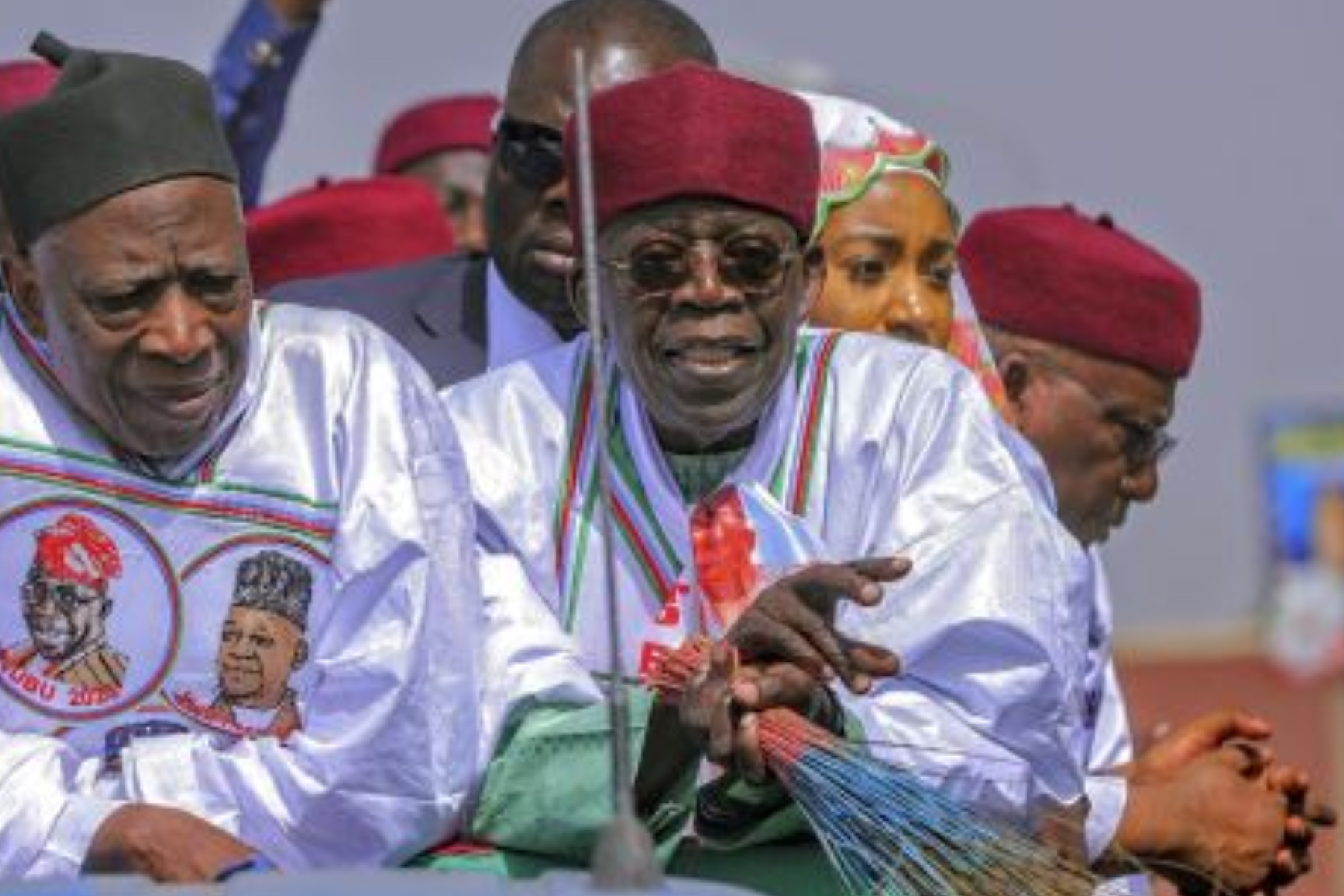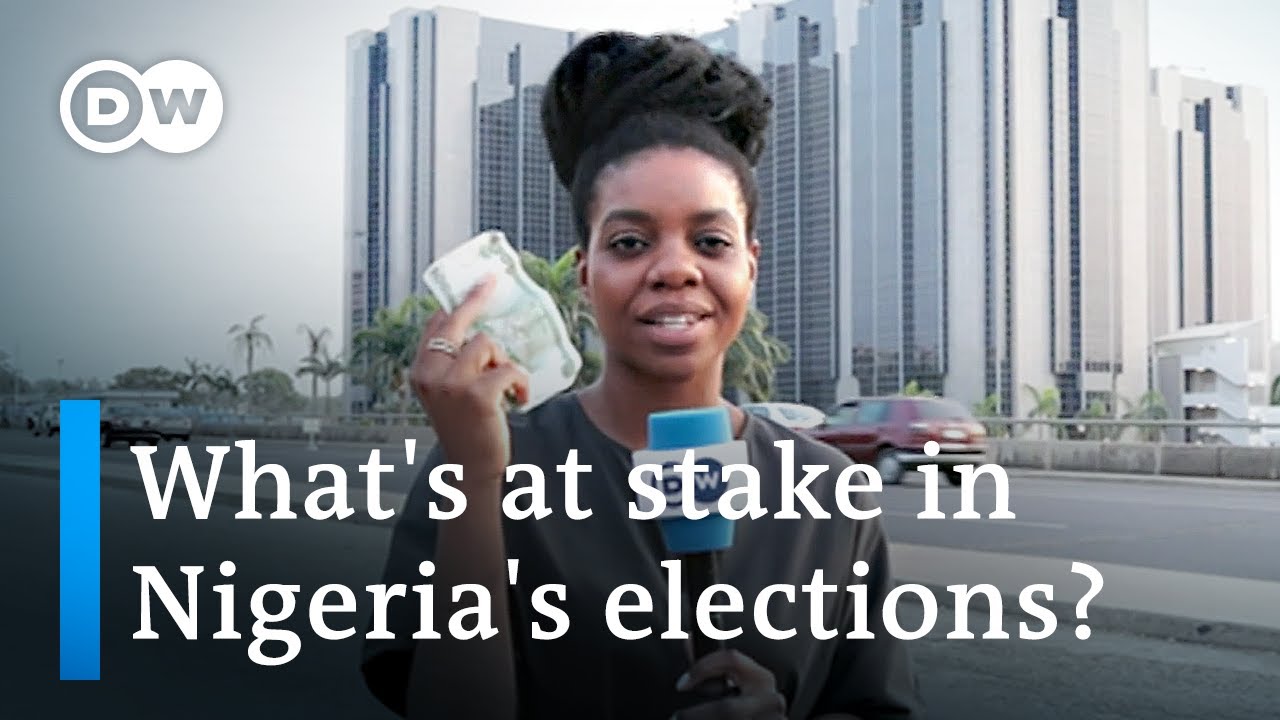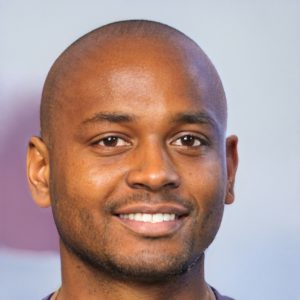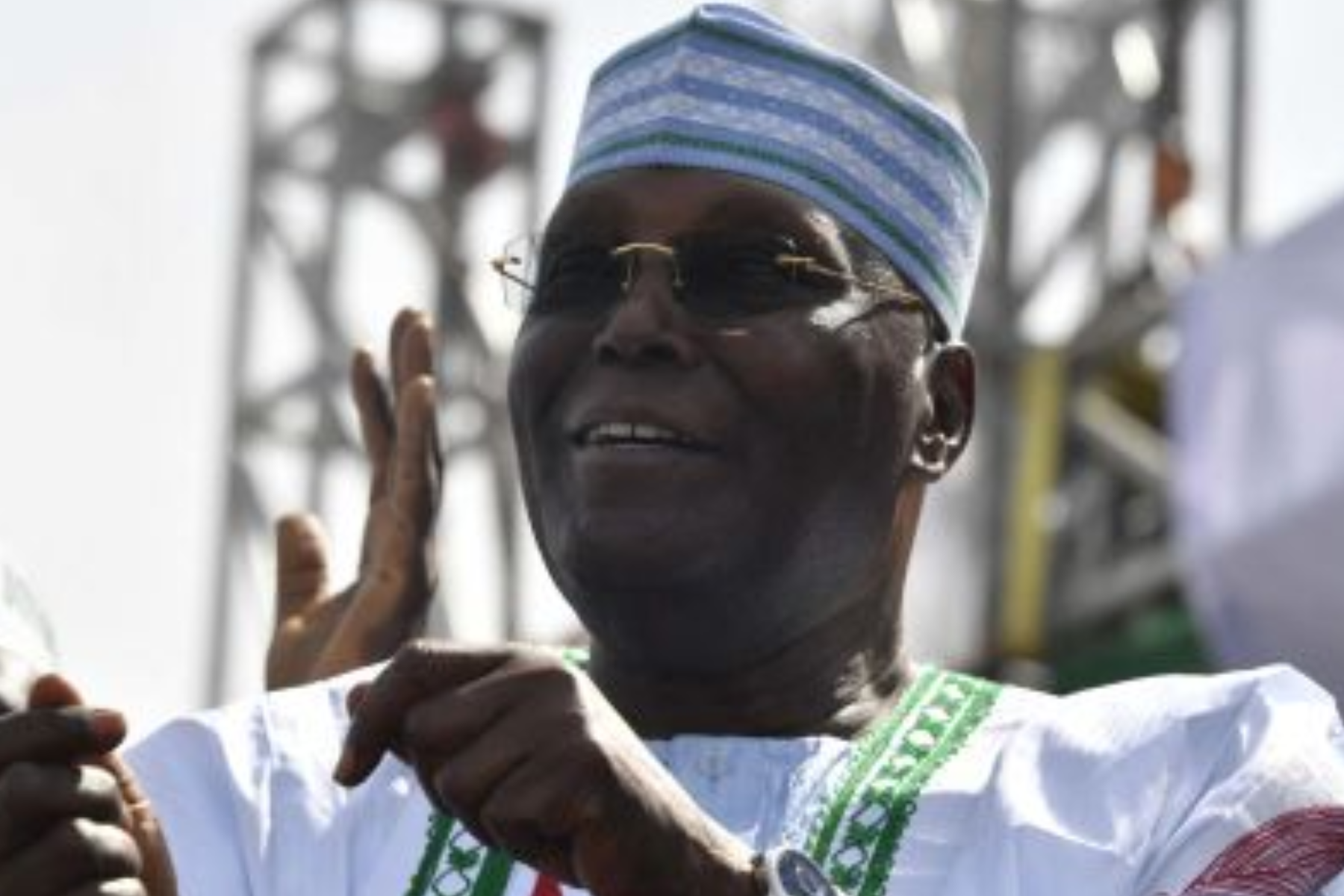
On Saturday, Nigeria is about to host the largest democratic exercise. Analysts say the race is too close to call.
When Africa's most populous country chooses a new president, it will be the largest democratic process on the whole continent.
The important election is happening at a time when the country is facing many economic and security problems, such as a lack of fuel and cash, more terror attacks, high inflation, and a falling local currency.
Since the country went back to democratic rule in 1999, this is the first time that none of the candidates is the current president or a former military leader.
Analysts say that President Muhammadu Buhari's time in office is up and that he will leave the office with a mixed record that has made Nigerians "a lot of frustration and anger."
Who Are The People Running?
There are 18 people running for Nigeria's highest office, and each of them is sure that if they win, they can change the country's luck. However, polls show that only three candidates are likely to get the most votes.
Bola Ahmed Tinubu, who is running for Buhari's party, the All Progressives Congress, is one of the main candidates (APC). Atiku Abubakar, who used to be vice president and is now the leader of the People's Democratic Party, is another person (PDP).
Usually, Nigeria's presidential elections have been between the ruling party and the opposition party. This year, however, there is a strong third candidate, Peter Obi, who is running with the less well-known Labour Party.
Tinubu, who is 70 years old and used to be governor of Nigeria's wealthy Lagos State, has a lot of power in the southwestern region, where he is known as a political godfather and kingmaker.
The wealthy political veteran brags that he helped get Buhari elected president on his fourth try in 2015 after his first three attempts failed.

Tinubu has been a political puppet master for decades, but now he says it is his turn to come out of the shadows and become president. His campaign slogan is "Emi Lokan," which means "it is my turn" in his native Yoruba language.
The candidate for the party in power, on the other hand, has been dogged by accusations of corruption, which he strongly denies.
Critics also say that he hasn't done a good job of answering questions about his healthand has sometimes seemed confused and muddled on the campaign trail. He has also made mistakes that have become jokes and memes that go viral on social media.
Tinubu has also been criticized for not taking part in presidential debates and having members of his team answer questions about his platform during a recent trip to the UK think tank Chatham House.
Abubakar, from the opposition party, is running for the sixth time after losing five times before. He is one of Tinubu's main opponents.
Abubakar, who is 76 years old and was vice president from 1999 to 2007, is a firm believer in capitalism and made his money by investing in many different areas of the country. In the past, the businessman has been looked into for being dishonest. But he says he hasn't done anything wrong.
Many people think that Abubakar's desire to be president could mess up an unofficial plan to switch the presidency between Nigeria's northern and southern regions. This is because Abubakar is from the same northern region as Buhari, who is stepping down as president.
People say that Peter Obi, who was governor of Anambra State twice, is a good alternative to the two main candidates.
Obi doesn't act like the usual "African Big Man" leader. He doesn't have a big group of people with him, flies economy class, and carries his own bags. His "no frills" style has won him a lot of fans, most of whom are young Nigerians who call themselves "Obidients."
Obi is also the only Christian candidate in the top group. Since Nigeria went back to civil rule in 1999, neither the president nor the vice president has come from his region in the southeast.
Tinubu is from the religiously diverse southwestern part of the country, but he is a Muslim and chose a Muslim running mate, which made people even angrier about his choice.
Tinubu called Obi, 61, "Mr. Stingy." Obi is known for being cheap and is known as the "Mr. Clean" of Nigerian politics.
But his offshore accounts were found in the 2021 Pandora Papers, which revealed the secret wealth of the world's elite. Obi says he did nothing wrong.
Will There Be An Election?
The last two elections were moved up at the last minute, and people are worried that this one will go the same way. But the election commission says there won't be any trouble.

Could Nigeria's election set it on a new path to prosperity? | DW News
Prof. Kingsley Moghalu, a political economist and former presidential candidate, told CNN that he expected a large number of people to vote in the 2019 election, "unless there is some kind of security problem that keeps people from going to the polls," he said.
More than 93 million Nigerians are registered to vote, but it's not clear how many people will show up to vote on election day. One of the biggest worries is safety.
Abideen Olasupo, an expert on public policy, told CNN that the uncertainty about this year's elections has turned off a lot of people. Olasupo said:
“„Nigerian voters are currently the most disturbed and confused voters in the world right now because they are not sure if the election will hold; and if it will hold, they are not sure if the process will not be manipulated.- Olasupo
Citizens have also been upset by a plan to stop politicians from stockpiling cash so they can buy votes by making the old currency notes useless. But there are worries that not having enough of the new naira notes could make it hard to vote.
The electoral body INEC is said to have warned that if banks don't give out enough of the new cash, it could be hard to pay the temporary workers and security guards who will be needed to run thousands of polling stations on Feb. 25 for the presidential and parliamentary elections.
INEC says that people won't be able to vote in more than 200 polling places across Nigeria, such as in the states of Imo and Taraba, which have a lot of problems with violence.
Parts of the country have been terrorized by kidnappings for money by separatist gangs and roving gunmen called "bandits."
Some Nigerians still haven't gotten their permanent voter's card (PVC) even though the election is in less than a week. This makes it harder for them to vote.
What Are The Issues?
Michael Famoroti, co-founder and head of intelligence at data company Stears, tells CNN that important issues like security and the economy will be at the top of voters' minds and could affect how they vote.
“Nigerians fall under two buckets: One is insecurity. However, overall, the main issue that Nigerians agree needs to be dealt with is the economy,” he said, with concerns ranging from poverty to unemployment and policy. Famoroti says:
“„The cash crunch, petrol scarcity … are issues that are likely going to be top of mind for those who make it to the polls and arguably could sway the votes.- Famoroti
Millions of people are having trouble getting their hands on the new versions of bank notes because there isn't enough fuel and there aren't enough of the newly redesigned local currency.
Nigerians expect the winner of the presidential election to get right to work on solving the country's problems, such as the growing debt, oil theft, and a controversial gasoline subsidy that keeps the country from getting a lot of oil money.
Some of these problems have been promised to be fixed by the top three candidates. Tinubu of the ruling party promises to create jobs, grow the economy, and "obliterate terror, kidnapping, banditry, and violent crime from the face of our nation."
Touting a “recover Nigeria” mantra, the PDP’s Abubakar says he wants to “block government wastages” by first running a small government, weaning the country off the petrol subsidy, and making it “the hub of crude oil refining in Africa.”
The Labour Party’s Obi says his government will be keen to shift Nigeria’s focus “from consumption to production” while also being determined “to fight and significantly reduce corruption” and create systems to reduce unemployment, insecurity, and inflation.
Who Is The Favorite To Win?
Stears's poll shows that if a lot of people vote, Obi will win over the two main opponents. The Stears poll says that Tinubu will win if fewer people vote. Famoroti told CNN:
“„There was a scenario where we only considered voters who had picked up their PVC … based on that scenario, the Labour Party candidate is the most likely winner.- Famoroti
“However, we then also estimated a low turnout scenario. The idea is that these are the harder than hardcore voters and those that most likely will turn up to vote on the day. Under that scenario, the APC candidate … emerges victorious,” he added.
A Lagos-based poll called SBM Intelligence doesn't pick a frontrunner, but it does say that Obi and Abubakar could get enough votes to meet the 25% vote spread in 24 of Nigeria's 36 states that the law requires to win.
The Political Africa Initiative (POLAF), which polled three million people, has a different prediction. They say that the race between the opposition PDP (with 38% of the vote) and the ruling APC (with 29% of the vote) will be close.
Obi's Labour Party is expected to get 27% of the vote, which would put it in third place.
Moghalu, a political economist, told CNN that this election is very hard to predict.
“That’s because of the ‘Third Force’ factor of Labor Party candidate Peter Obi, which has scrambled the projections of the two traditionally dominant parties, APC and PDP. Moghalu said:
“„While many still believe one of the two will come out on top ultimately, the fact that several scientific opinion polls have put Obi in the lead means that the possibility of an upset clearly exists.- Moghalu
Moghalu thinks that Nigerians may vote mostly based on their race, religion, and traditional party affiliations.
“The only major factor that is an ‘issue’, and will influence many votes, is the hunger for a change in direction which millions of young and middle-aged voters have, and for that reason support Obi. Will that be enough to propel him to victory? That’s the X-factor.”

